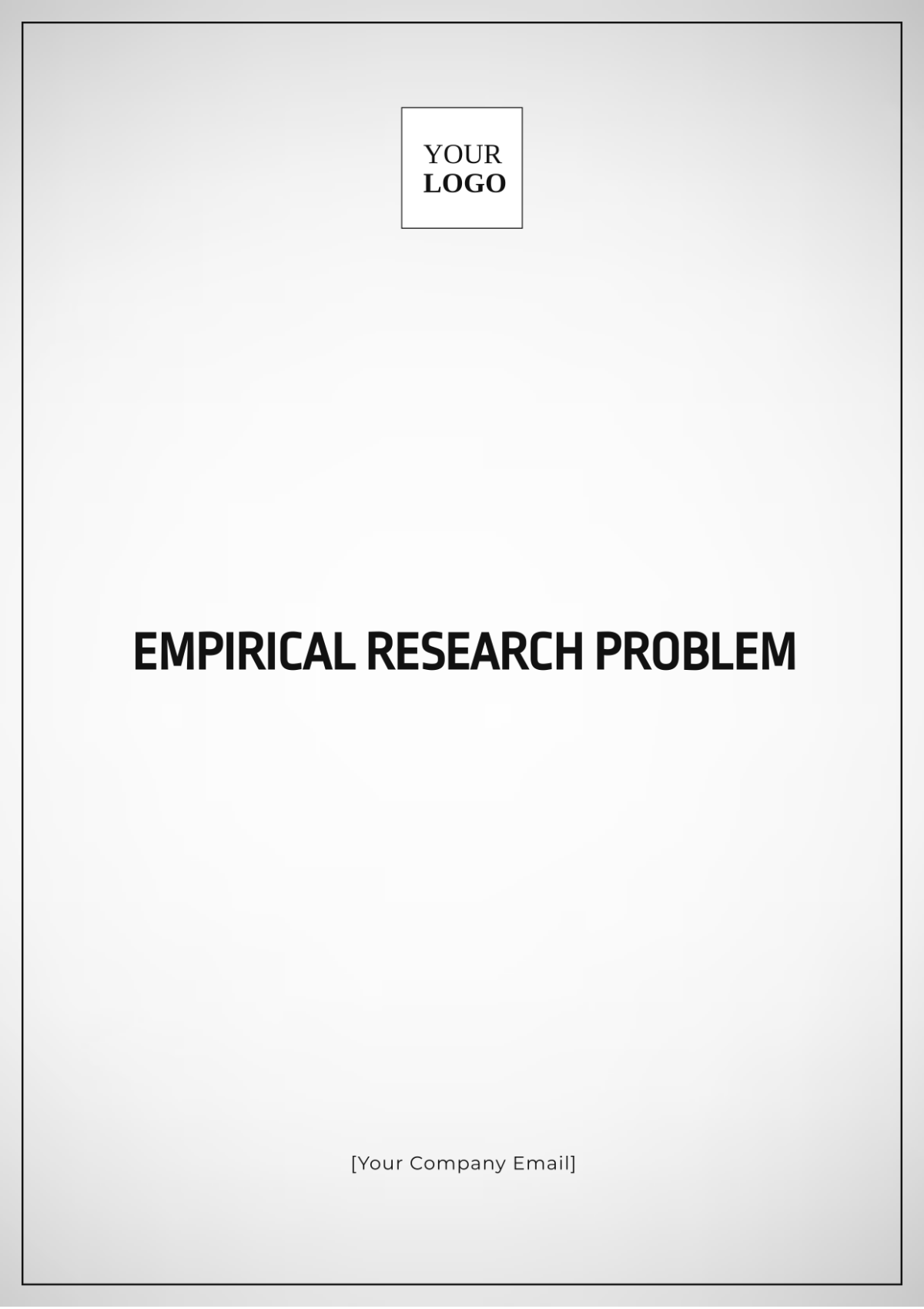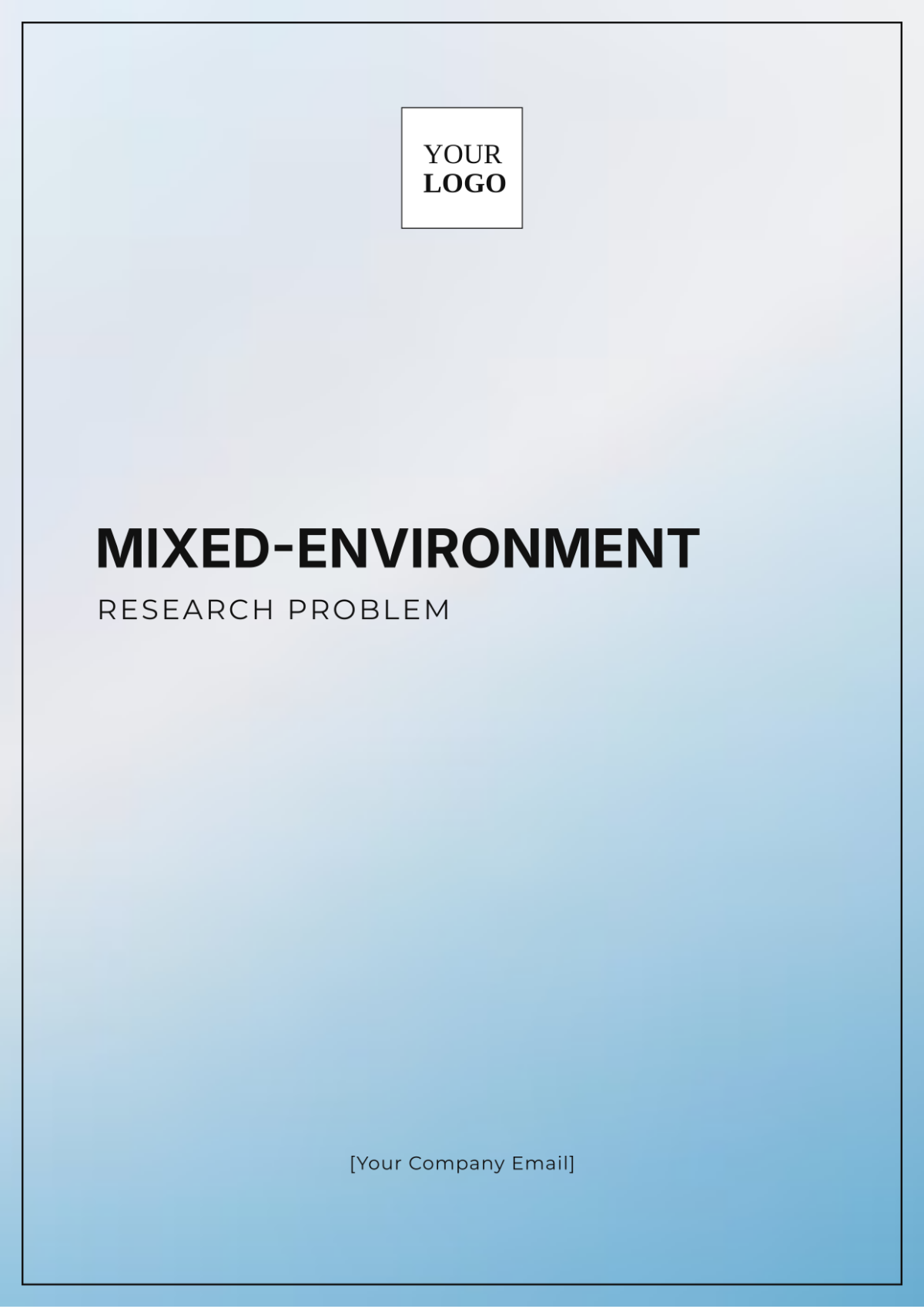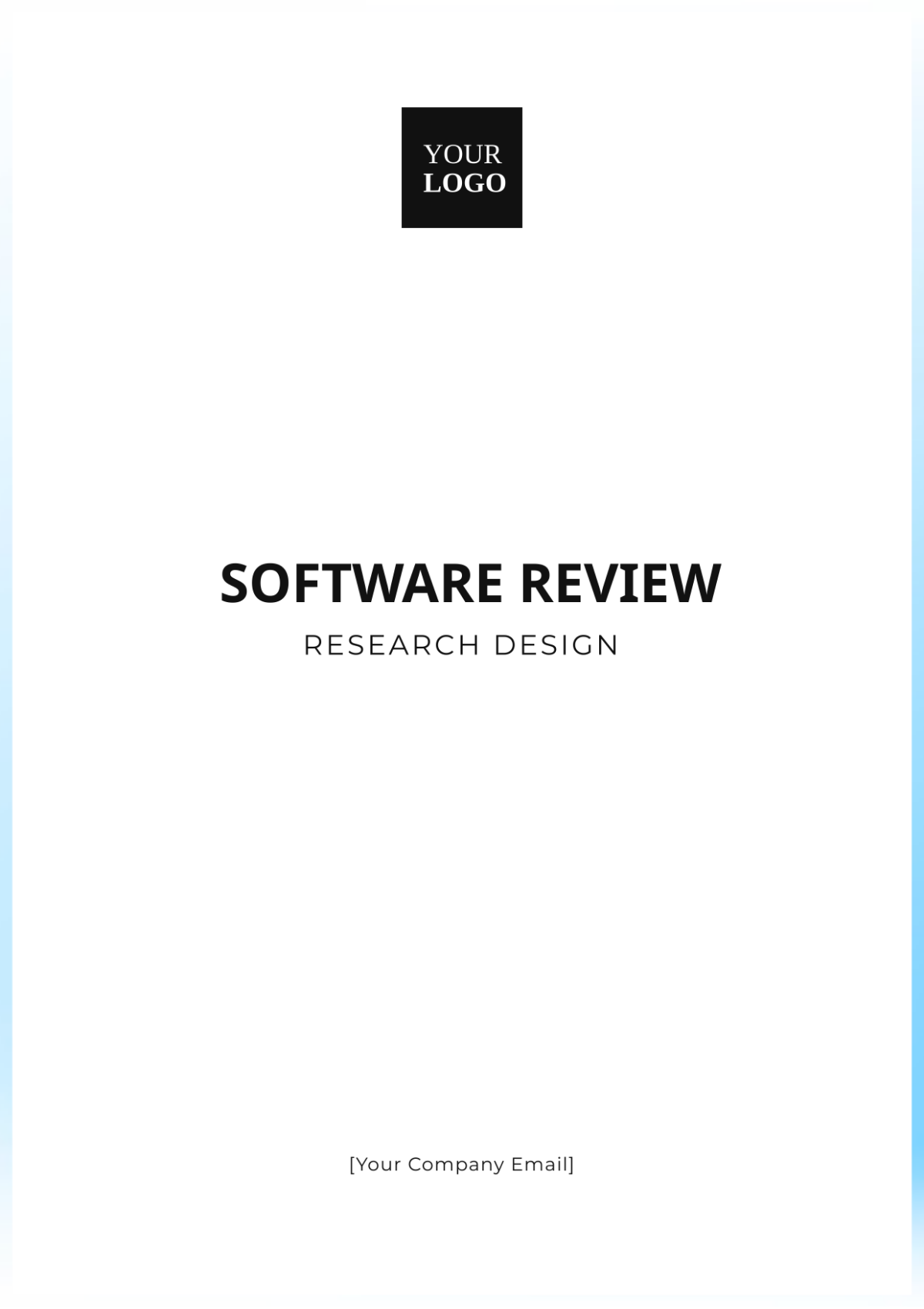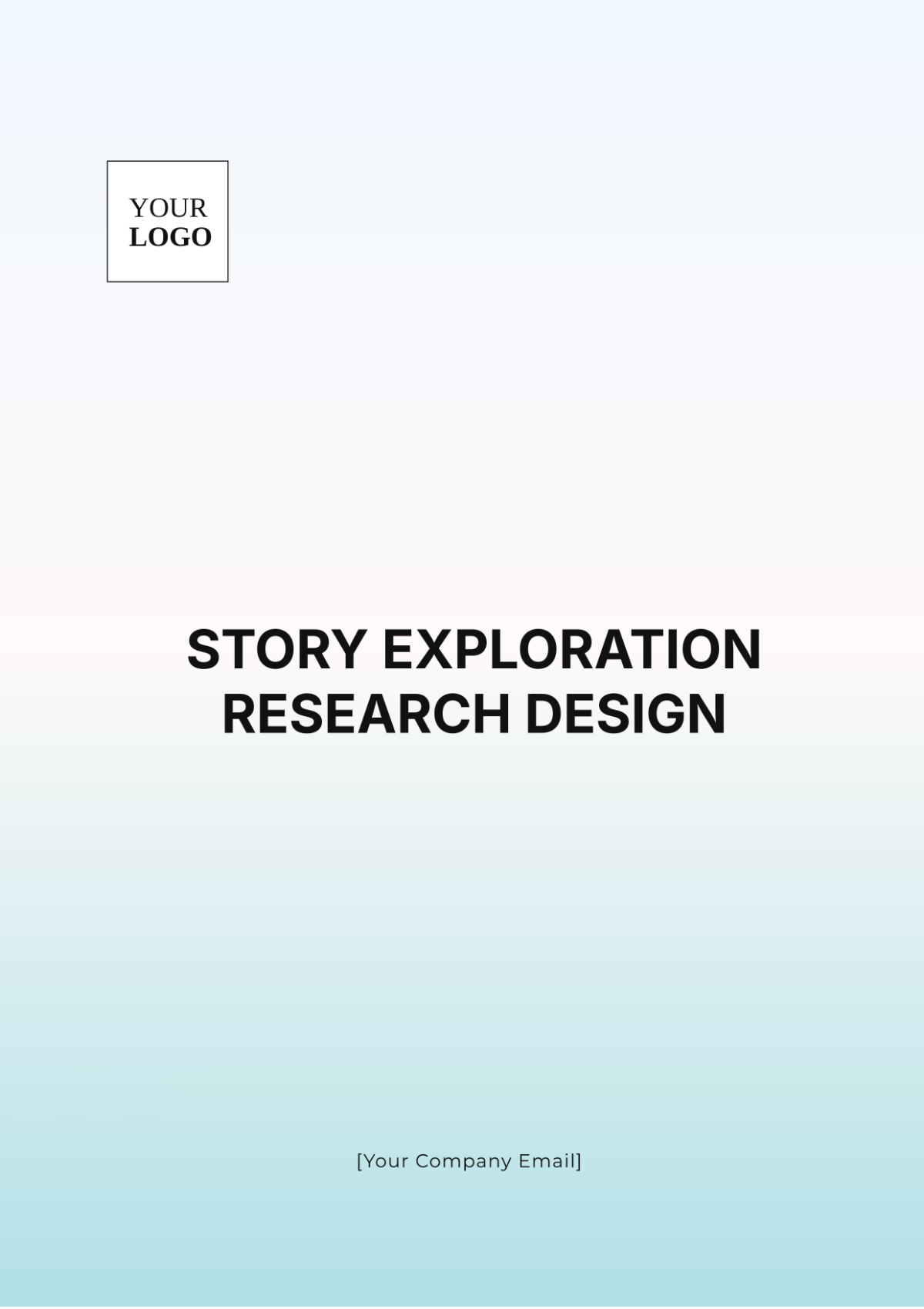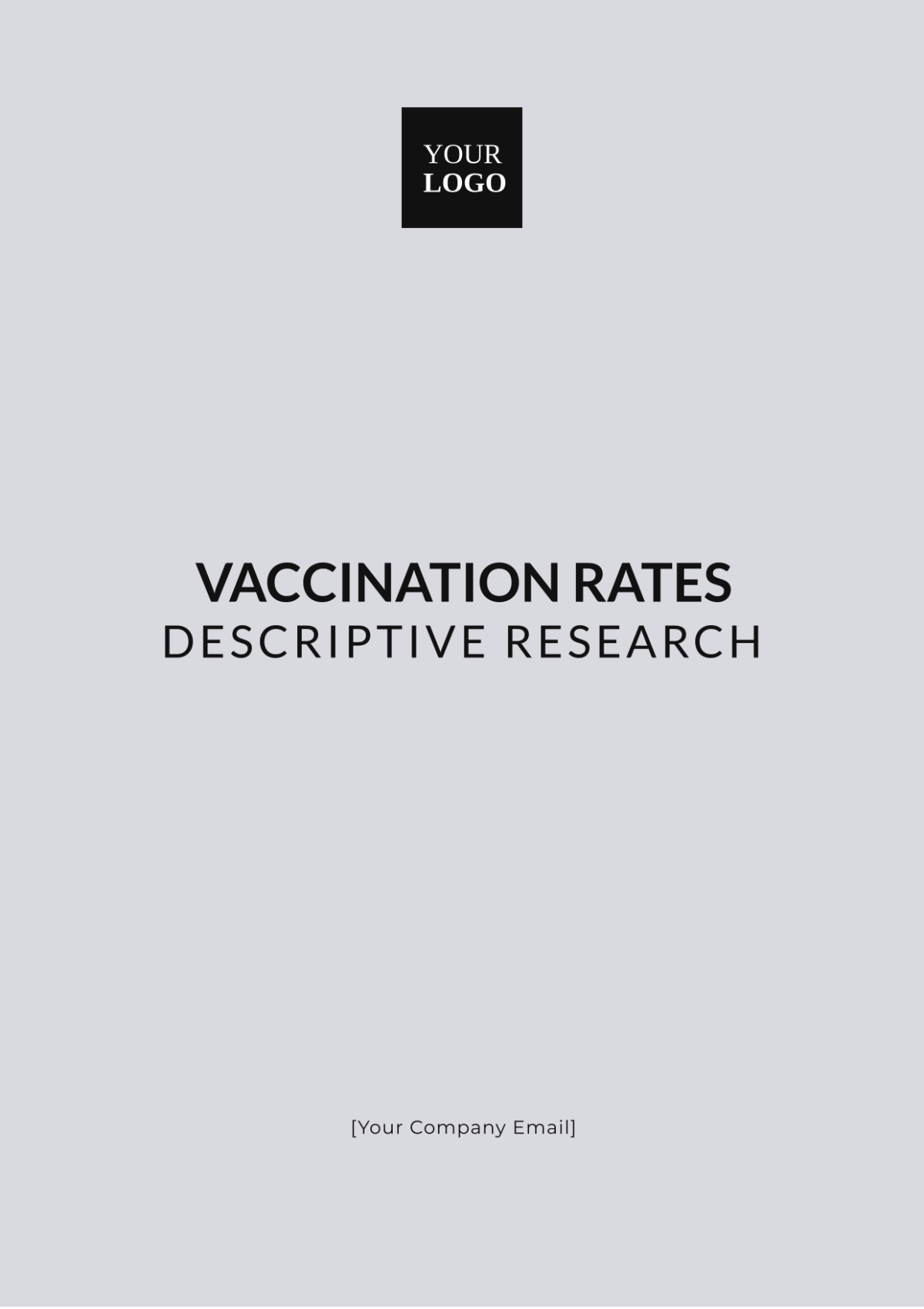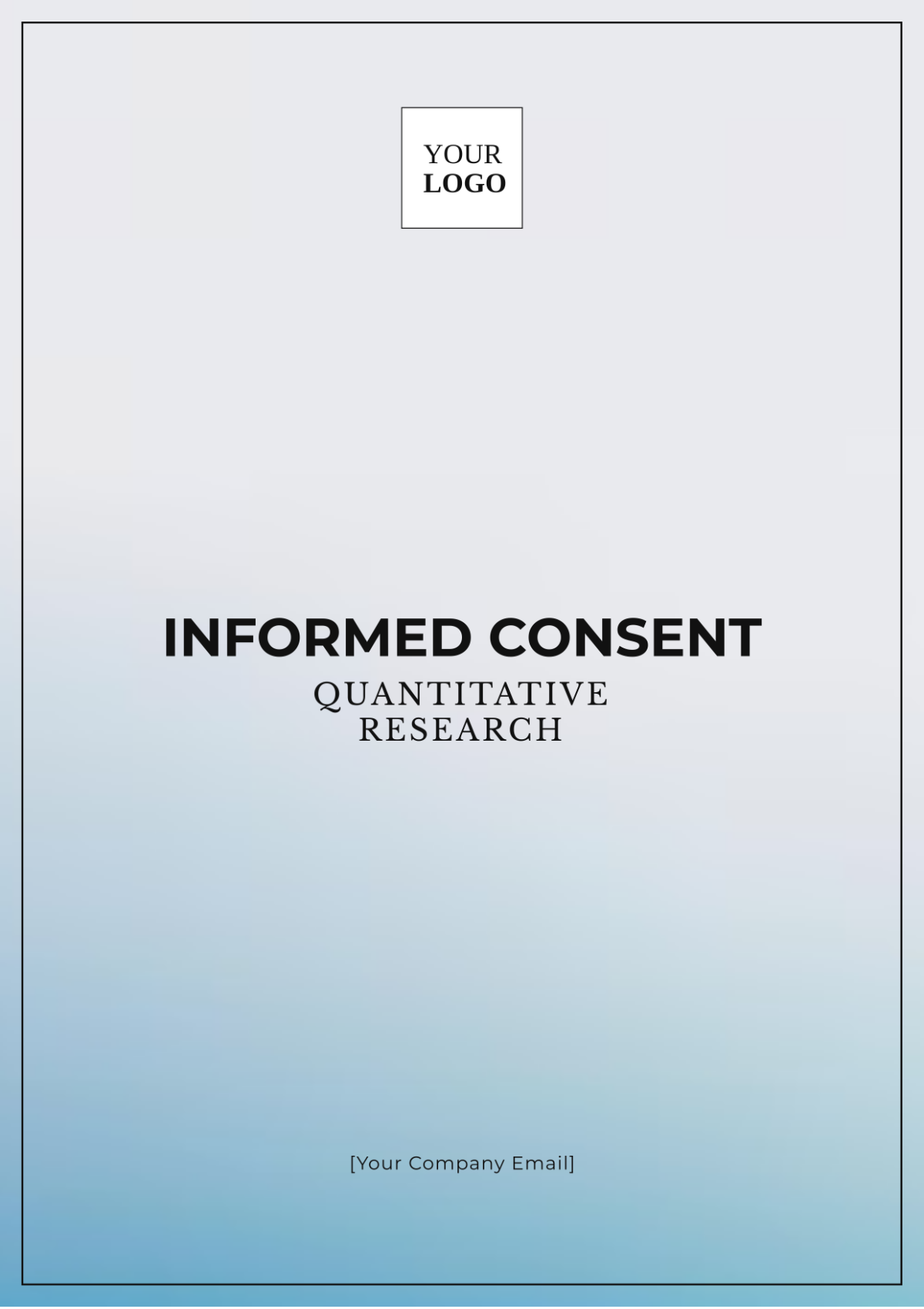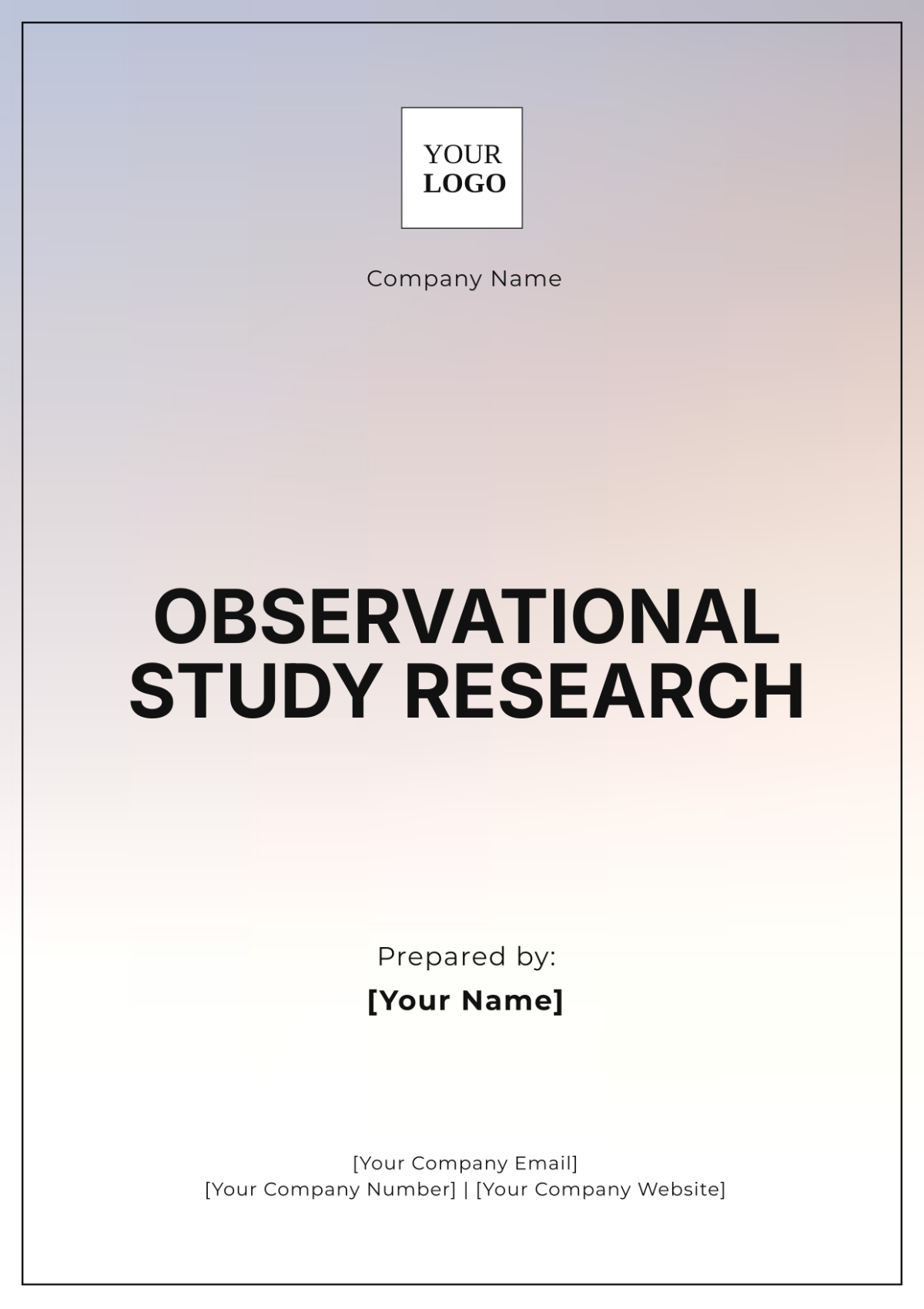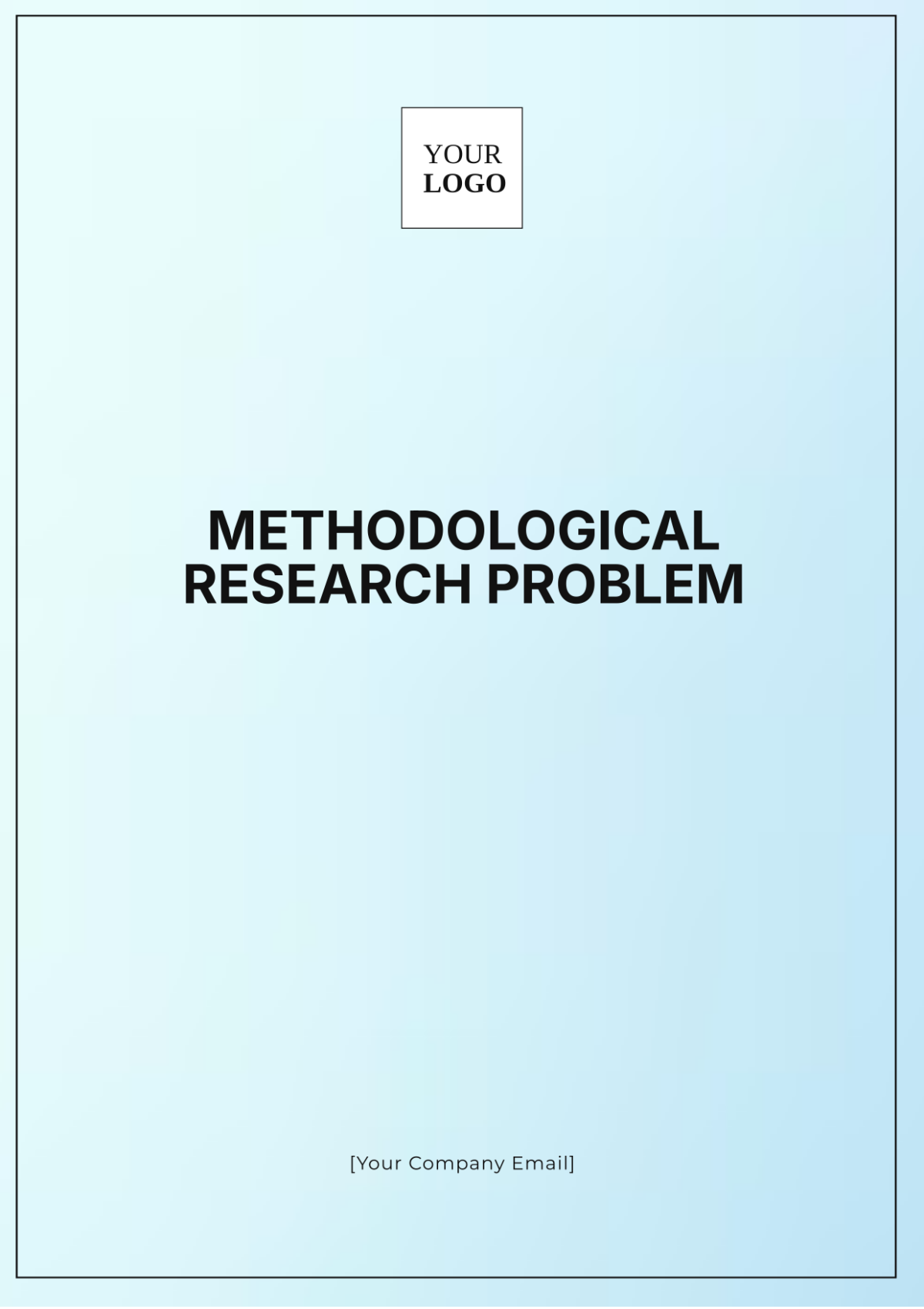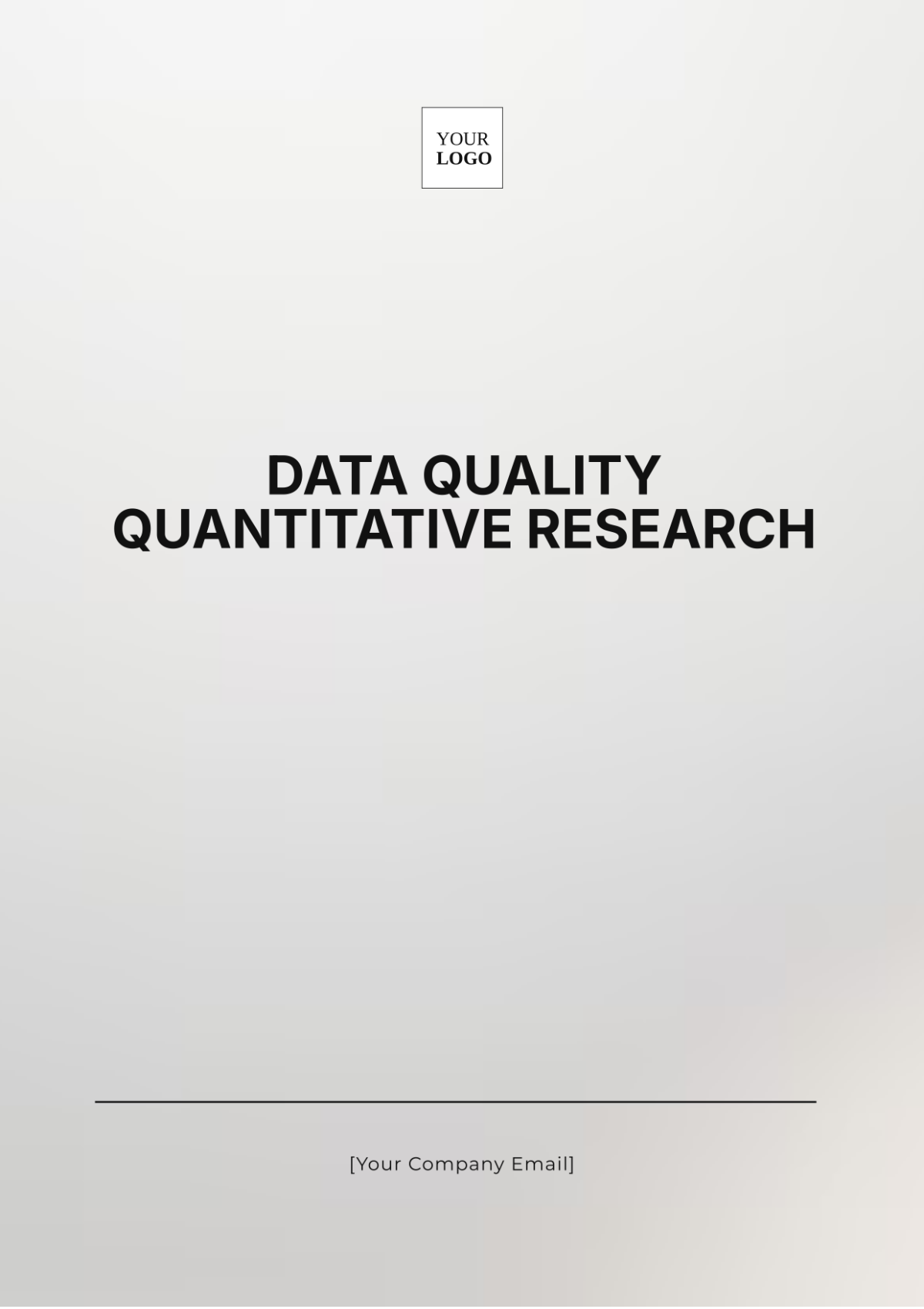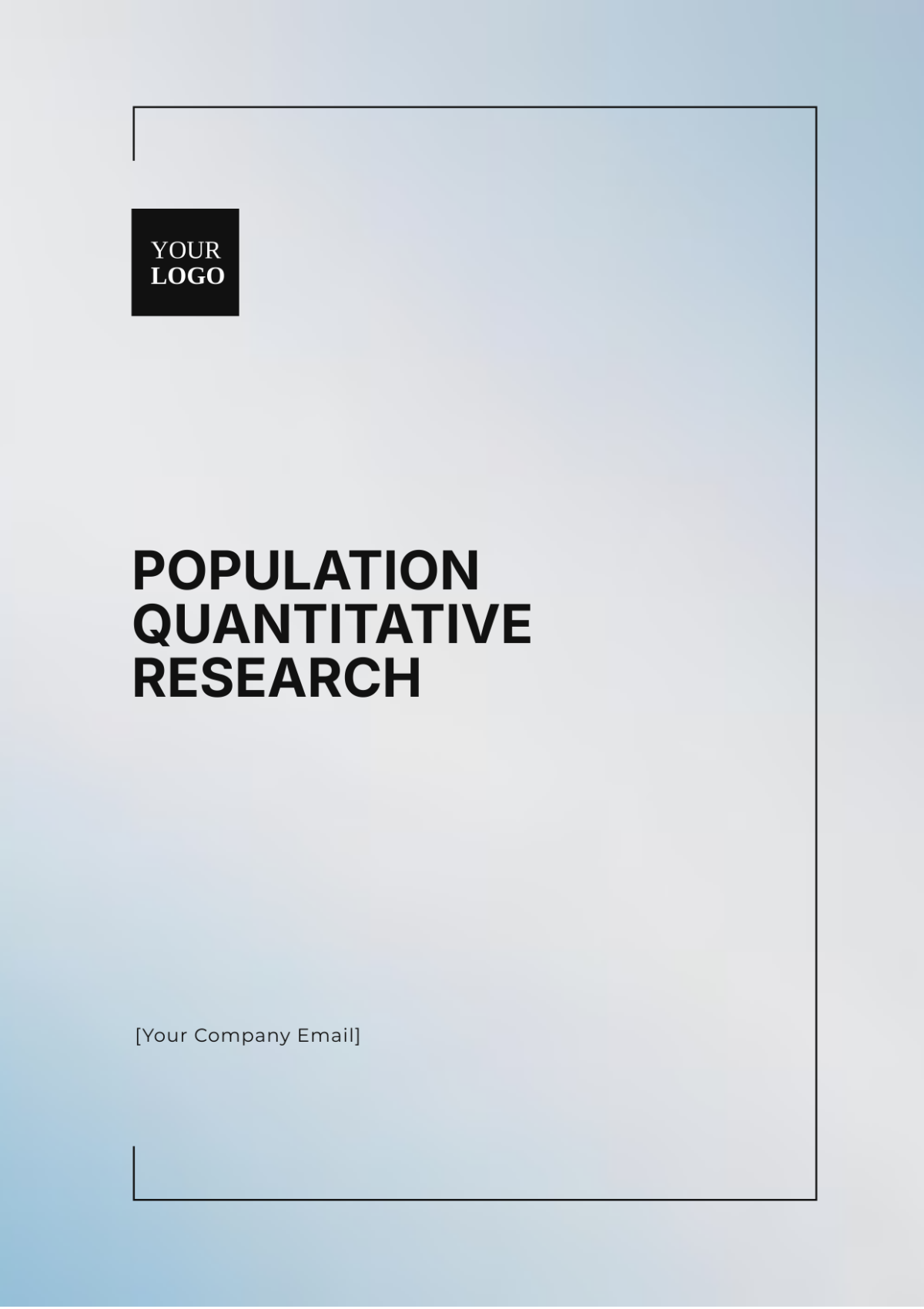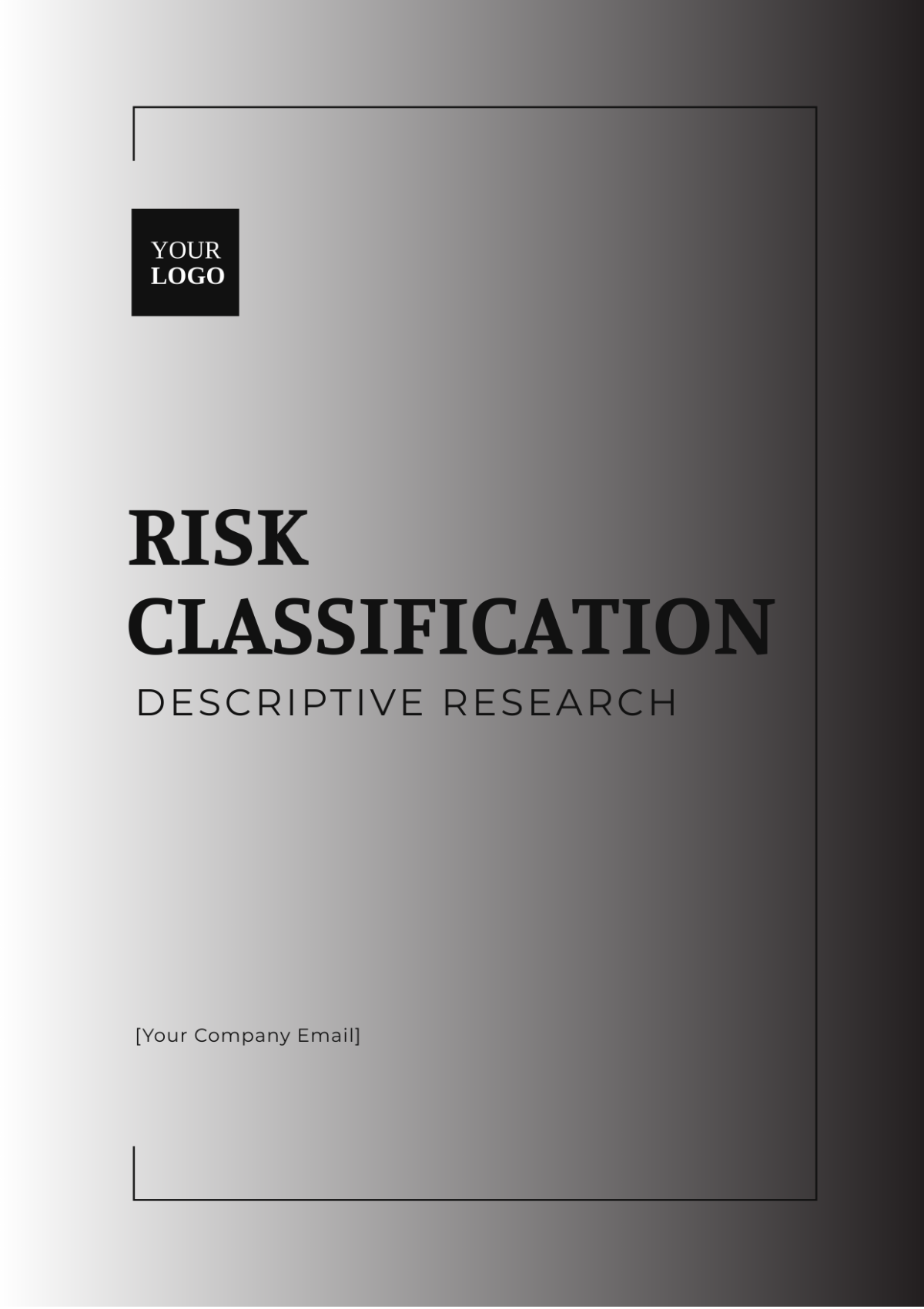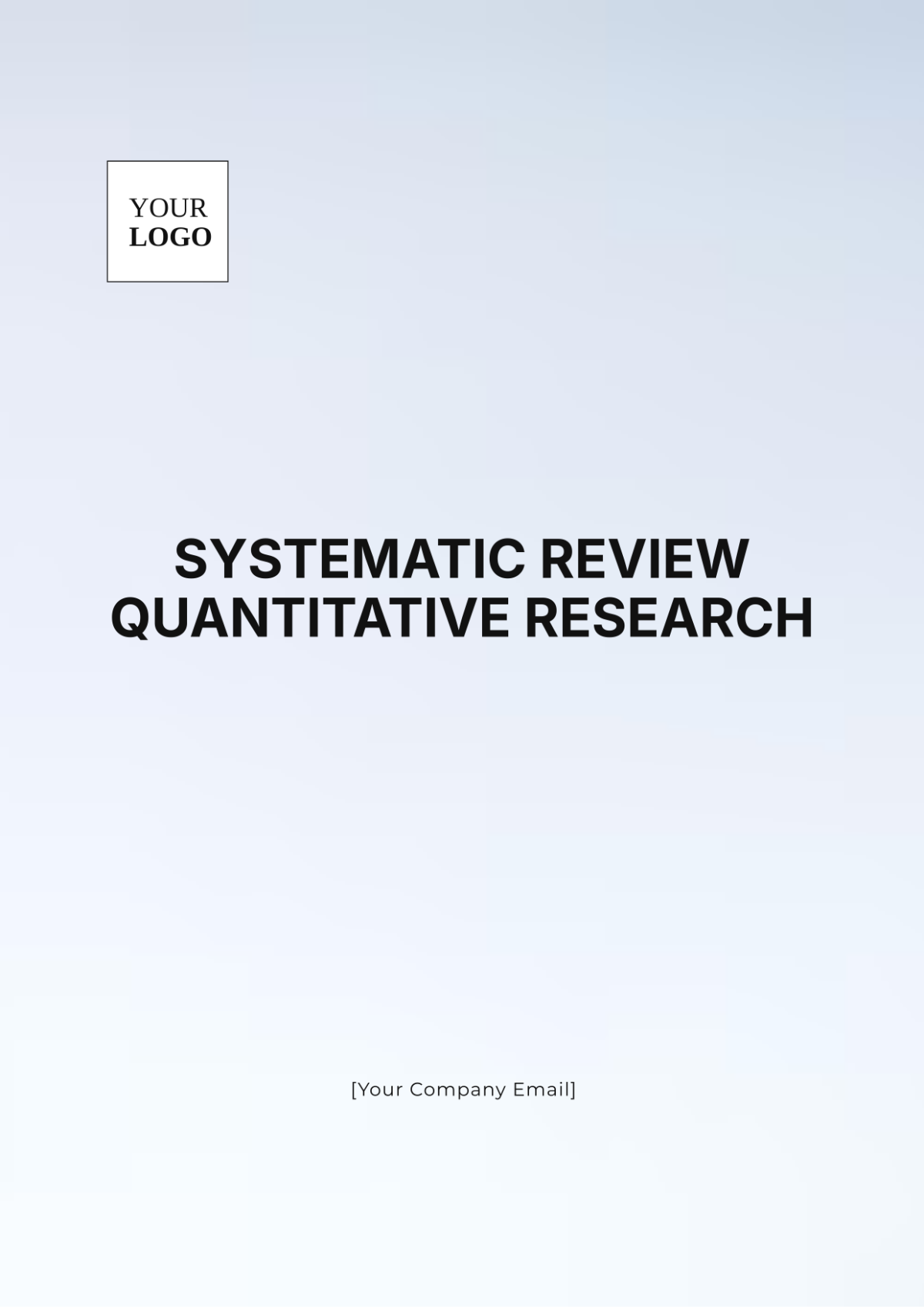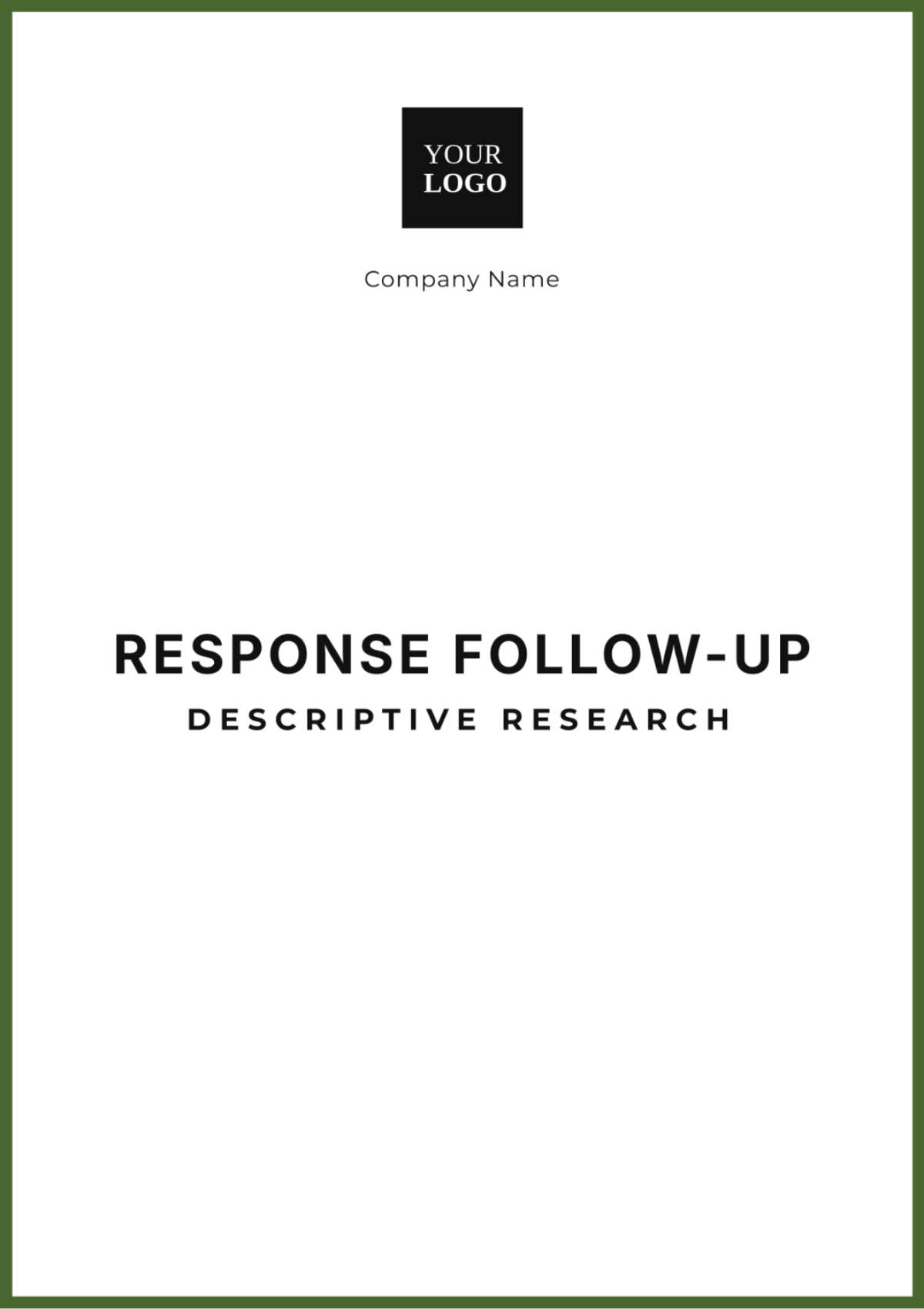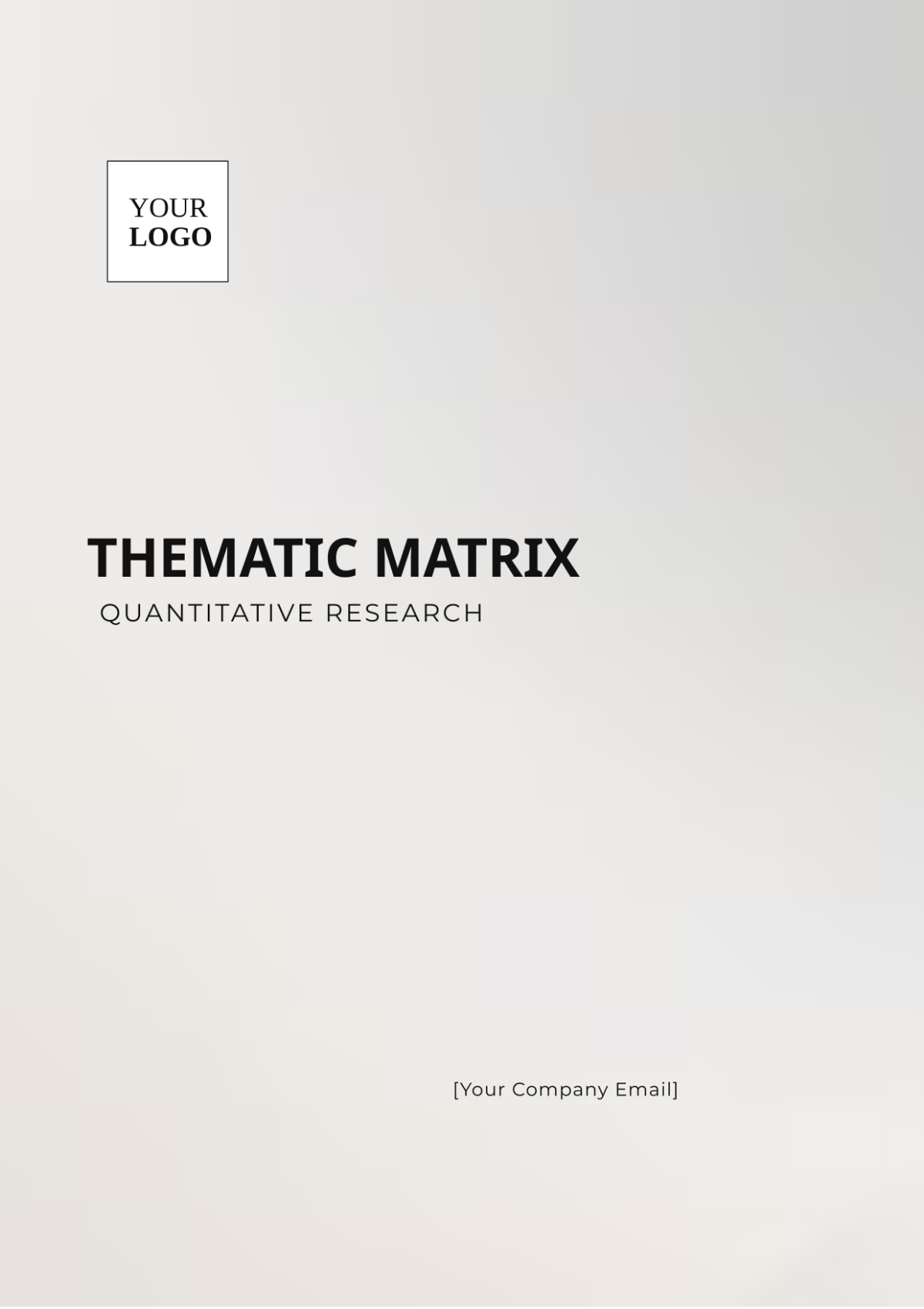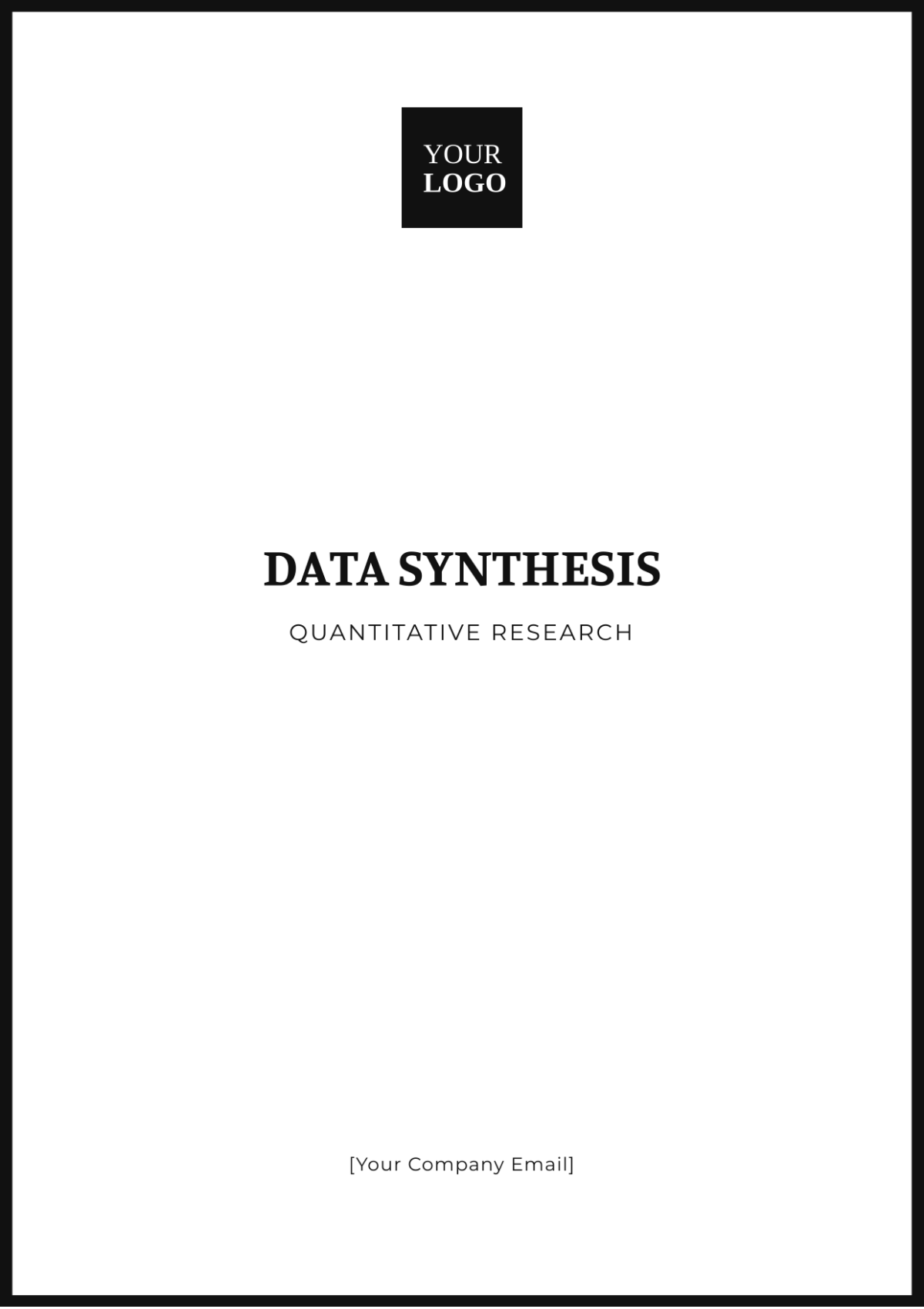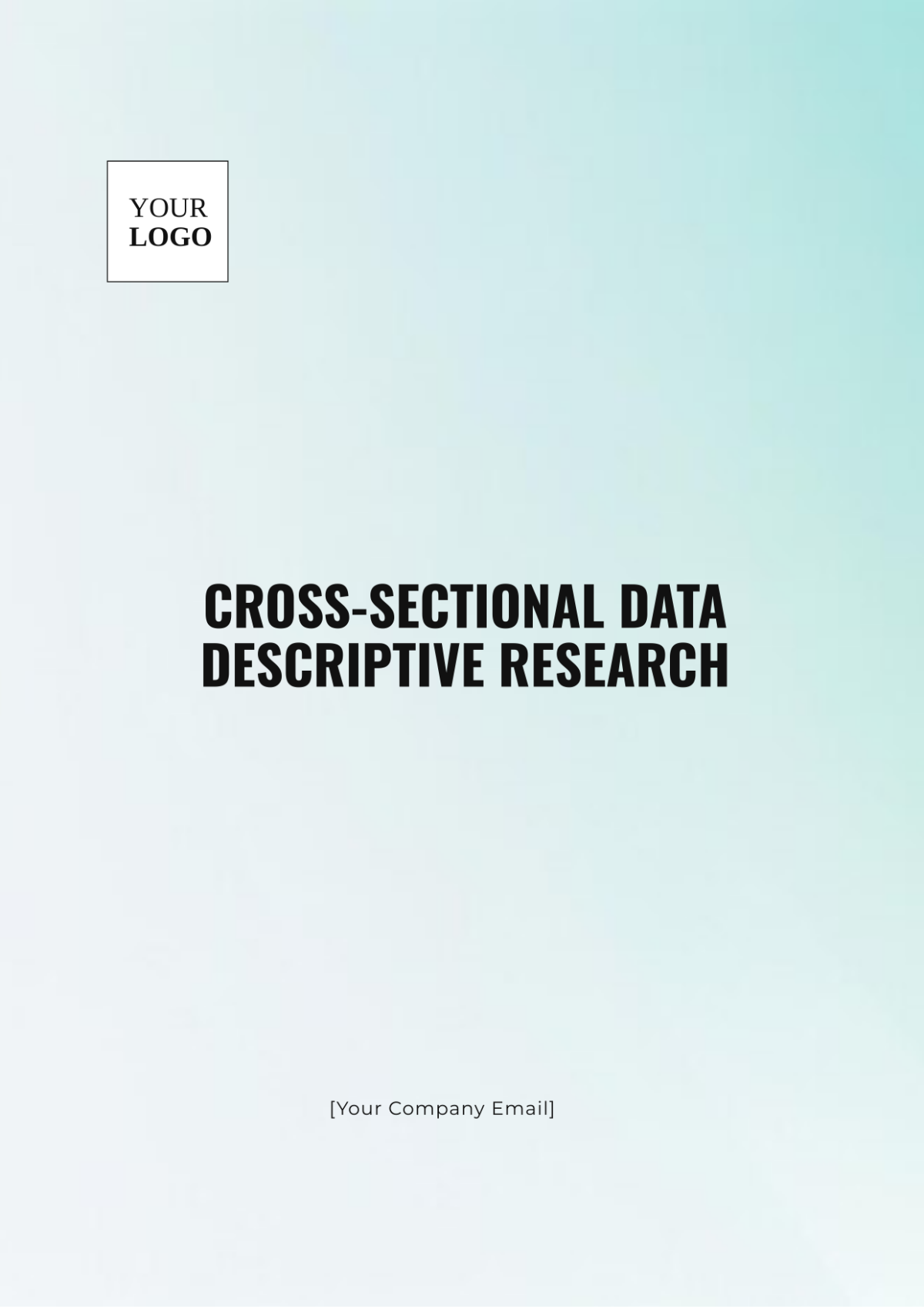Research Methodology
Written by: [Your Name]
Date: August 12, 2050
I. Introduction
Background:
This research investigates the impact of remote work on employee productivity in the technology sector. As organizations increasingly adopt remote work policies, understanding their effects on productivity is crucial for optimizing work environments.
Objectives:
To assess the changes in productivity levels among employees working remotely.
To identify factors that influence productivity in a remote work setting.
To provide recommendations for improving productivity in remote work environments.
II. Research Design
Type of Research:
This study employs a mixed-methods approach, combining quantitative and qualitative research to provide a comprehensive analysis of remote work’s impact on productivity.
Research Approach:
Descriptive: To document and describe productivity changes.
Exploratory: To explore factors influencing productivity.
III. Data Collection Methods
Primary Data:
Surveys: An online survey will be distributed to 300 employees working remotely in the technology sector, gathering quantitative data on productivity levels and influencing factors.
Interviews: Semi-structured interviews with 20 employees to obtain qualitative insights into their experiences and challenges with remote work.
Secondary Data:
Literature Review: Analysis of existing research and reports on remote work productivity to contextualize findings and support the study.
IV. Sampling
Population: Employees working remotely in technology companies.
Sampling Technique:
Quantitative Sampling: Stratified random sampling to ensure representation across different job roles and levels.
Qualitative Sampling: Purposive sampling to select participants with diverse experiences and perspectives.
Sample Size:
Surveys: 300 respondents.
Interviews: 20 participants.
V. Data Analysis
Techniques:
Quantitative Data: Statistical analysis using descriptive statistics, correlation analysis, and regression analysis to identify trends and relationships.
Qualitative Data: Thematic analysis of interview transcripts to identify common themes and patterns.
Tools:
Statistical Software: SPSS for quantitative data analysis.
Qualitative Analysis Software: NVivo for coding and analyzing interview data.
VI. Ethical Considerations
Consent:
Informed consent will be obtained from all participants prior to data collection. Participants will be provided with a consent form outlining the purpose of the research and their rights.
Confidentiality:
Participant identities will be anonymized in all reports and publications. Personal data will be kept confidential and stored securely.
Data Security:
Data will be stored on password-protected devices and backed up securely. Access will be restricted to the research team.
VII. Limitations
Potential Biases:
Self-reporting bias: Responses may be influenced by participants’ perceptions and willingness to disclose.
Sampling Bias: The study may not fully represent all sectors or job roles within the technology industry.
Constraints:
Time Limitations: The research is constrained by a six-month timeframe.
Resource Constraints: Limited access to extensive secondary data and resources for a broader study.
VIII. Conclusion
Summary:
This methodology outlines a comprehensive approach to investigating remote work’s impact on productivity, combining quantitative and qualitative methods to provide a robust analysis.
Implications:
Findings from this study will offer valuable insights for organizations to enhance remote work policies and practices, ultimately improving employee productivity and satisfaction.
IX. References
Smith, J. (2051). The Future of Remote Work: Trends and Predictions. Future Insights Publishing.
Jones, A. (2053). Employee Productivity in the Digital Age. Tech Advances Journal, 15(3), 45-67.
Doe, R. (2057). Adapting to Remote Work: A Comprehensive Guide. Modern Work Press.







